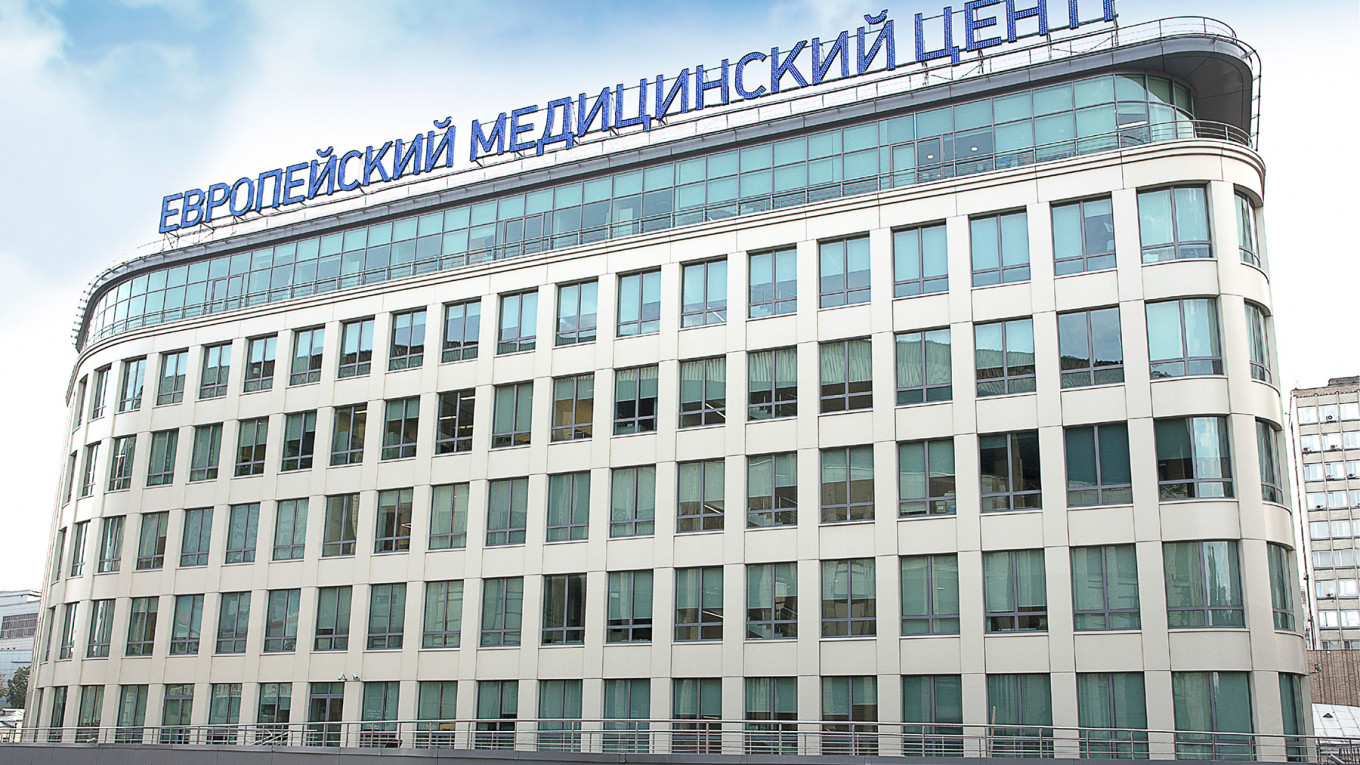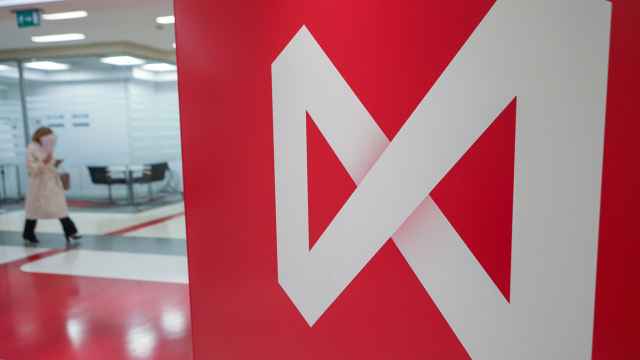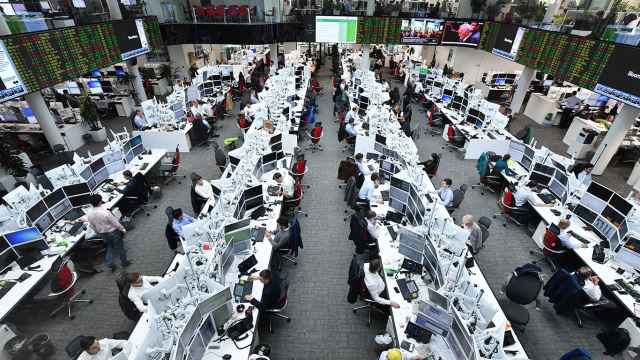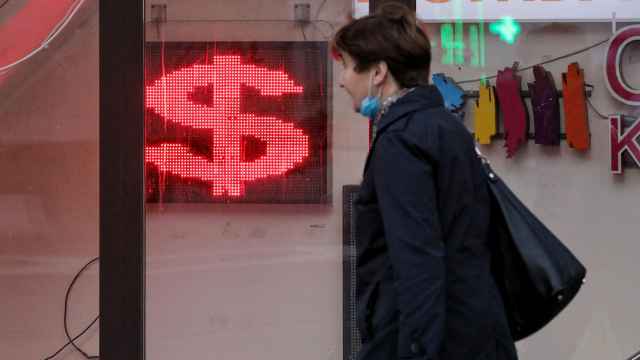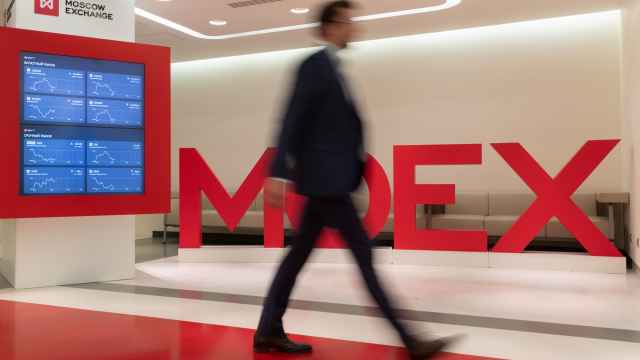Upscale Moscow private healthcare provider European Medical Center has cashed in on the global stock market boom with an initial public offering (IPO) that has valued the company at more than $1 billion.
The group, which caters to Moscow’s wealthiest residents with a range of hospitals and clinics across the capital, said it had completed preparations for an IPO more than three years ago, but chose to strike now to take advantage of “favorable market conditions.”
Russian stocks are trading near all-time highs and the market has seen a smattering of IPOs in recent months as firms capitalize on strong investment appetite.
Russia’s healthcare industry could be poised for rapid growth coming out of the coronavirus pandemic, analysts say, with European Medical Center (EMC) hoping the premium segment of the market will be immune from Russia’s wider economic stagnation and falling living standards.
“This IPO is an important and logical step in the further development of EMC, which has demonstrated progressive growth over the course of many years,” chief executive Andrey Yanovsky said at a press conference at the Moscow Exchange, where EMC’s global depository receipts — a market instrument which represents a share in the company — are now listed.
But the deal itself will not provide an extra source of cash for the company to fuel future growth, since the IPO proceeds were pocketed by company shareholders selling off their stakes.
The deal netted the firm’s owners — including oligarch Roman Abramovich — almost $500 million in proceeds. Abramovich’s Millhouse Capital offloaded its 6.9% stake, worth some $77 million, while controlling shareholder Igor Shilov reduced his shareholding from 71% to 55%, scooping $180 million in the deal.
The IPO catapulted Shilov, a former fur hat trader, into Russia’s billionaire club, according to Bloomberg. Shilov initially made his fortune from a Russian drinks company he founded and later sold to Coca-Cola, using the proceeds to buy EMC for around $100 million on the eve of the 2008 financial crisis.
The exclusive healthcare provider, which runs 12 hospitals and clinics in Moscow and the Moscow region, has grown rapidly since then.
Despite the coronavirus pandemic threatening to disrupt the provision of other lucrative medical treatments, such as oncology and maternity services, EMC’s revenues jumped 20% in 2020 to 241 million euros ($284 million), while profits were up a third to 80 million euros ($95 million).
“We could have done this IPO at any point in the last three years,” Chief Financial Officer Dmitry Shmelev told The Moscow Times. “The company and our shareholders considered that this moment right now would be the most successful, and seeing the broad demand from investors, we realized that it was the right time to close the deal.”
Famous for catering to wealthy professionals, foreign diplomats and Moscow’s elite, EMC says it expects to grow significantly faster than the wider market's forecasted expansion of 10% a year up to 2025.
In its investment prospectus, the company cited Russia’s “aging population and increasing life expectancy” as laying behind expected future success. It also pointed to the “mediocre level of public healthcare services” in Russia, which has been exposed by the pandemic, as potentially boosting demand for private treatment among an increasingly health-conscious population.
Analysts tend to agree. “Covid-19 spurred demand for private healthcare services, given the deteriorating quality of public services — so rich people chose to pay,” said Dmitry Polevoy, an analyst at brokerage Loko Invest.
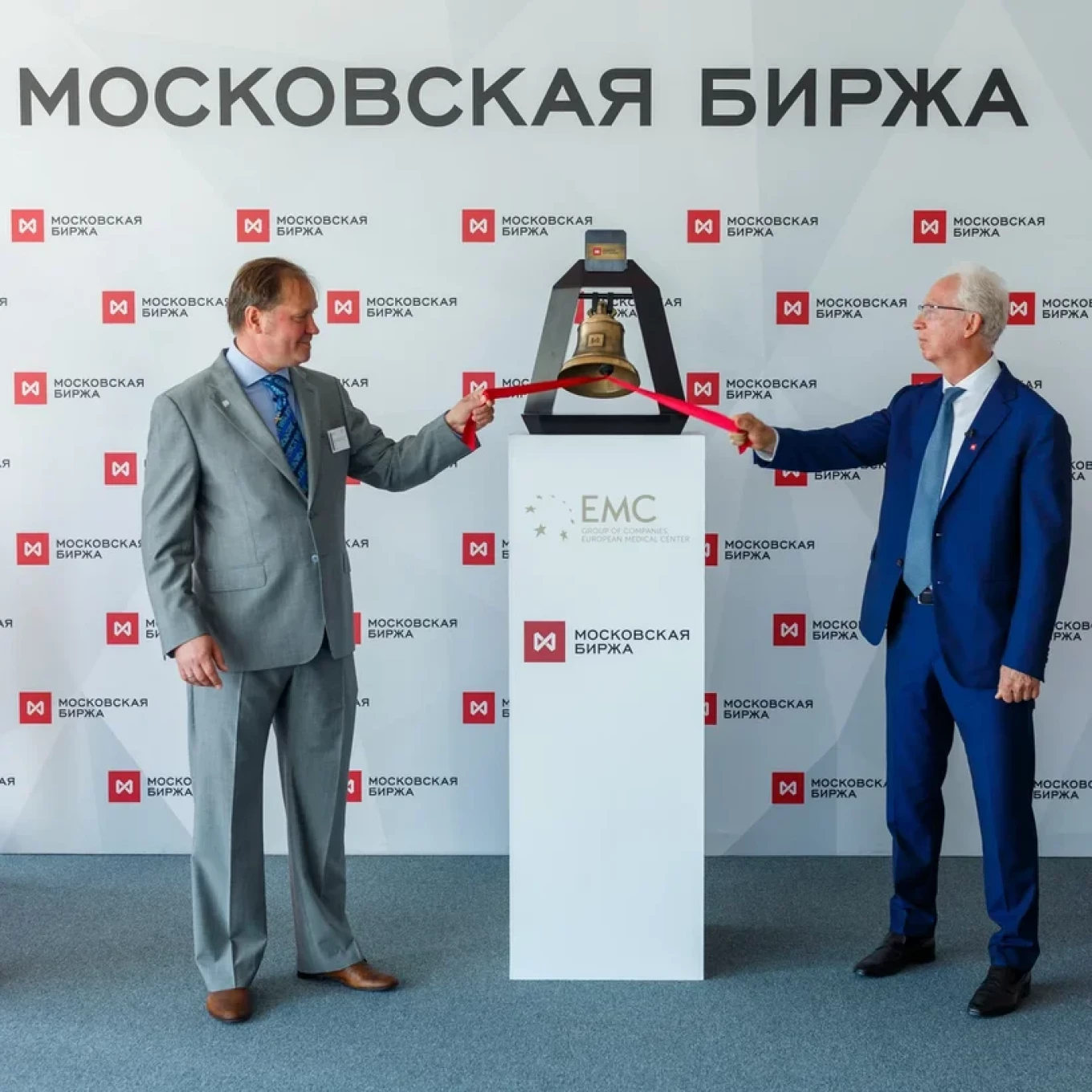
The Mother & Child Group — the only other Russian private healthcare firm with a public stock market listing — has seen its share price more than double over the past year amid investor optimism towards the sector. BCS Investments analyst Dmitry Puchkarev says their performance could have convinced EMC’s shareholders that it was time to cash in.
“The goal of an investor is always to earn money after they’ve invested in a business for a long time — so a public offering in such favorable conditions is a great opportunity to monetize,” Viktor Dima, director of equity analysis at Aton, told The Moscow Times.
But despite catering to Moscow’s richest residents, some analysts say EMC is not completely protected from Russia’s wider economic malaise, which has seen living standards dip to their lowest level in a decade. A struggling middle class eats into potential new customers further down the income scale, while a recent EY survey found eight of 10 private medical companies said their customers’ purchasing power had fallen during the pandemic.
“The private healthcare sector looks set to continue on a good footing — but the premium part of the market does have limitations, mainly due to the narrowness of the industry,” Dima added.
As travel restrictions around the world begin to ease, some also believe the rich Russians who helped EMC book record profits in 2020 might start heading to western Europe or the U.S. for medical treatments again.
‘Serious plan’
Market sources say there are plenty more deals on the cards, as a handful of privately-owned Russian firms eye up a stock market debut.
But recent launches have been mixed. Shares in Russian e-commerce outfit Ozon are up more than 80% since it listed on the U.S.-based Nasdaq last November while homebuilder Samolet has seen its valuation double in the same period. But investors in discount retailer FixPrice’s IPO are still in the red and gold miner NordGold shelved plans to re-list on the London Stock Exchange, citing volatility in the price of the precious metal.
Shares in EMC were broadly flat during the first day of trading Thursday as the wider market dipped. BCS’ Puchkarev predicted volatility, but said he does not expect EMC’s share price will take-off once post-IPO trading restrictions are lifted next week.
“The company received a relatively fair valuation. It has strong profitability, broad diversification and a high dividend yield. Any shortfall in value is partly due to the ‘country discount’ inherent in Russian assets,” he said, referring to the fact that Russian stocks tend to trade at a lower price than what might be expected to account for heightened geopolitical and currency risks.
“Given this, it is difficult to identify a significant upside in the medium-term.”
But both insiders and outsiders say EMC’s stock market listing will leave them well-positioned to tap into new sources of investment over the longer-term.
“They don’t get any money from this deal, but they do get a mechanism to raise funds easier — through public placements in the future,” said Aton’s Dima.
“I have a feeling that the whole industry will require more investment, so perhaps we will see additional placements in the future.”
After an enthusiastic ringing of the Moscow Exchange’s opening bell to kick off trading Thursday morning, CEO Yanovsky reiterated EMC’s ambition to build on the record revenue and profit booked through the pandemic.
“We have a plan — a serious plan. We won’t stand still.”
A Message from The Moscow Times:
Dear readers,
We are facing unprecedented challenges. Russia's Prosecutor General's Office has designated The Moscow Times as an "undesirable" organization, criminalizing our work and putting our staff at risk of prosecution. This follows our earlier unjust labeling as a "foreign agent."
These actions are direct attempts to silence independent journalism in Russia. The authorities claim our work "discredits the decisions of the Russian leadership." We see things differently: we strive to provide accurate, unbiased reporting on Russia.
We, the journalists of The Moscow Times, refuse to be silenced. But to continue our work, we need your help.
Your support, no matter how small, makes a world of difference. If you can, please support us monthly starting from just $2. It's quick to set up, and every contribution makes a significant impact.
By supporting The Moscow Times, you're defending open, independent journalism in the face of repression. Thank you for standing with us.
Remind me later.



